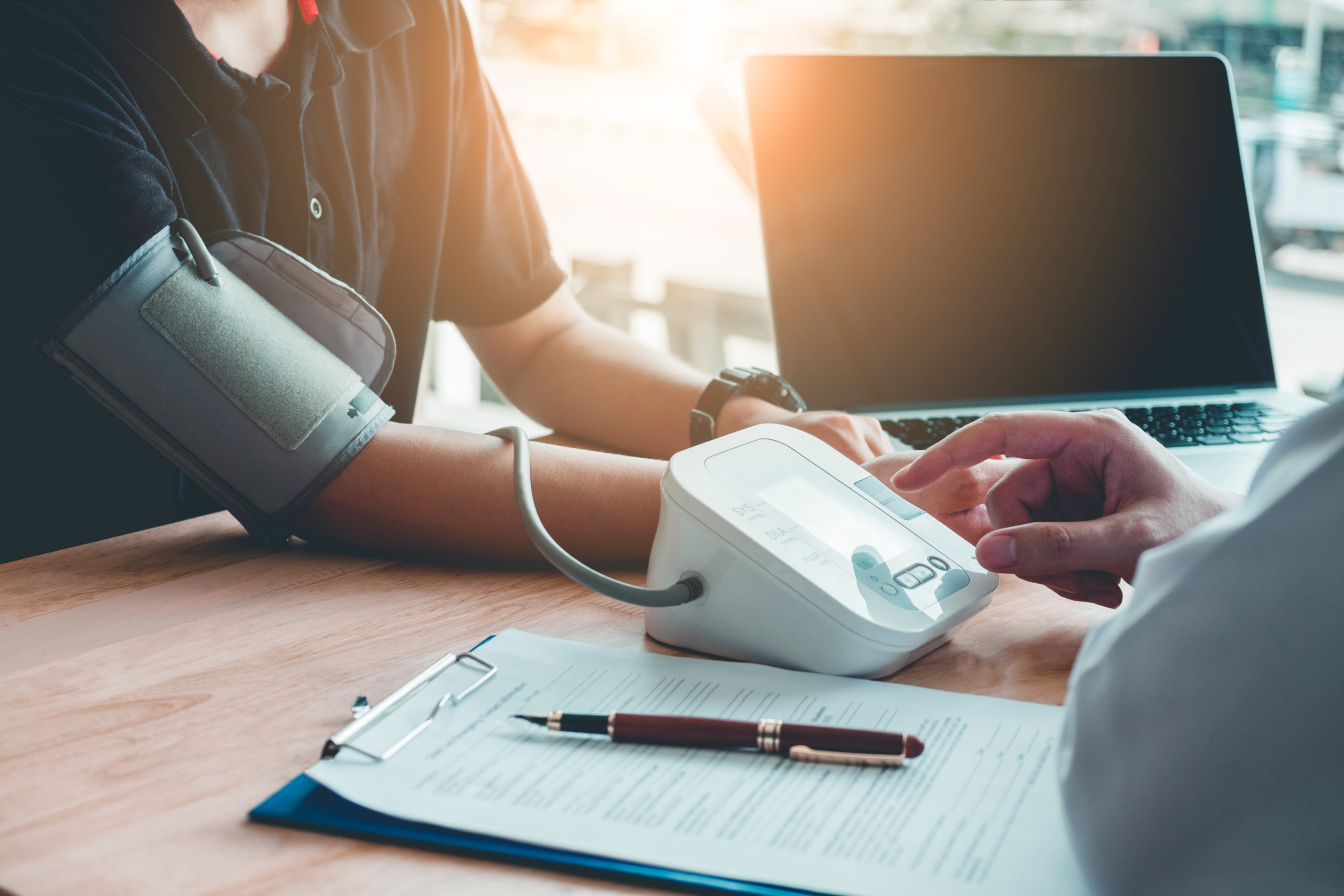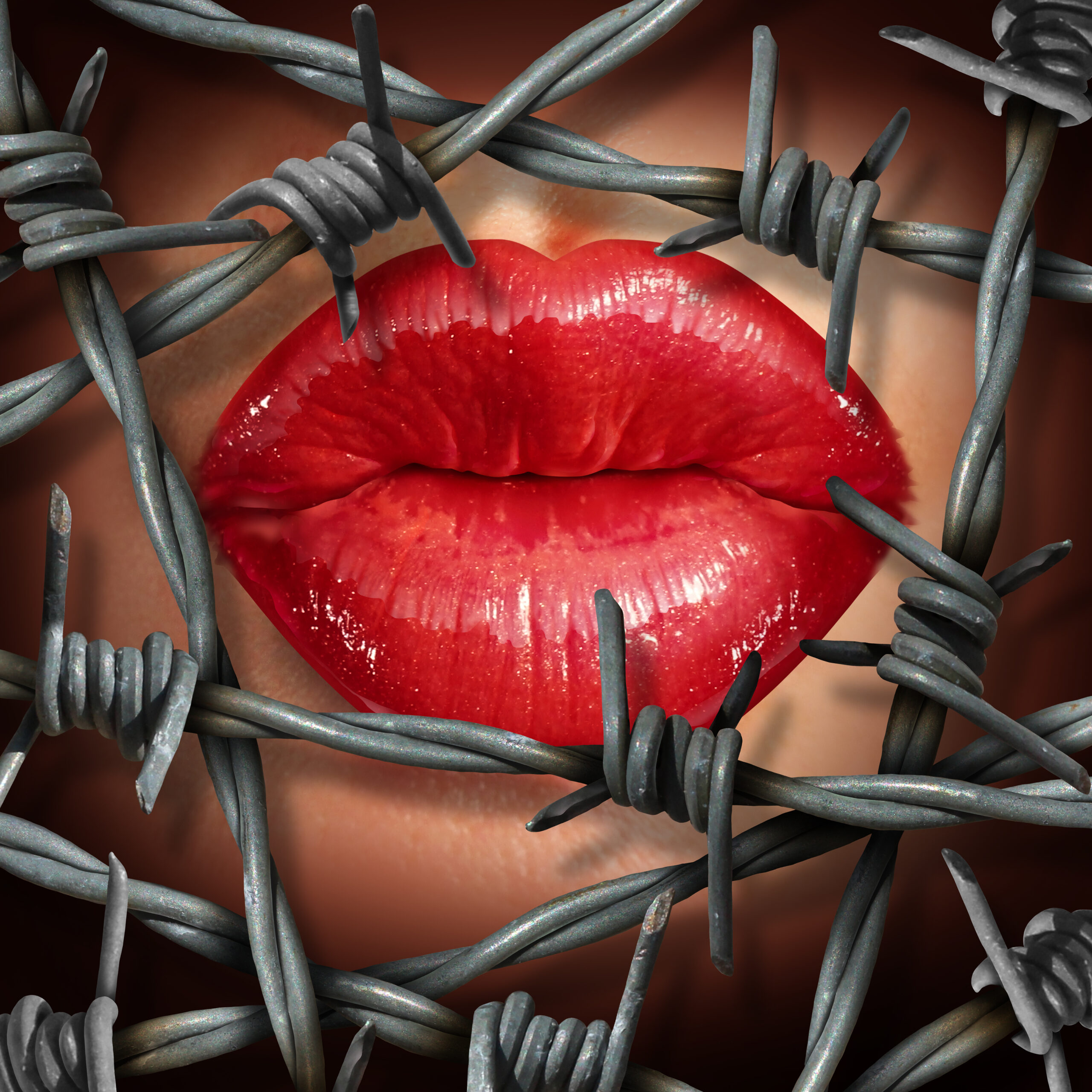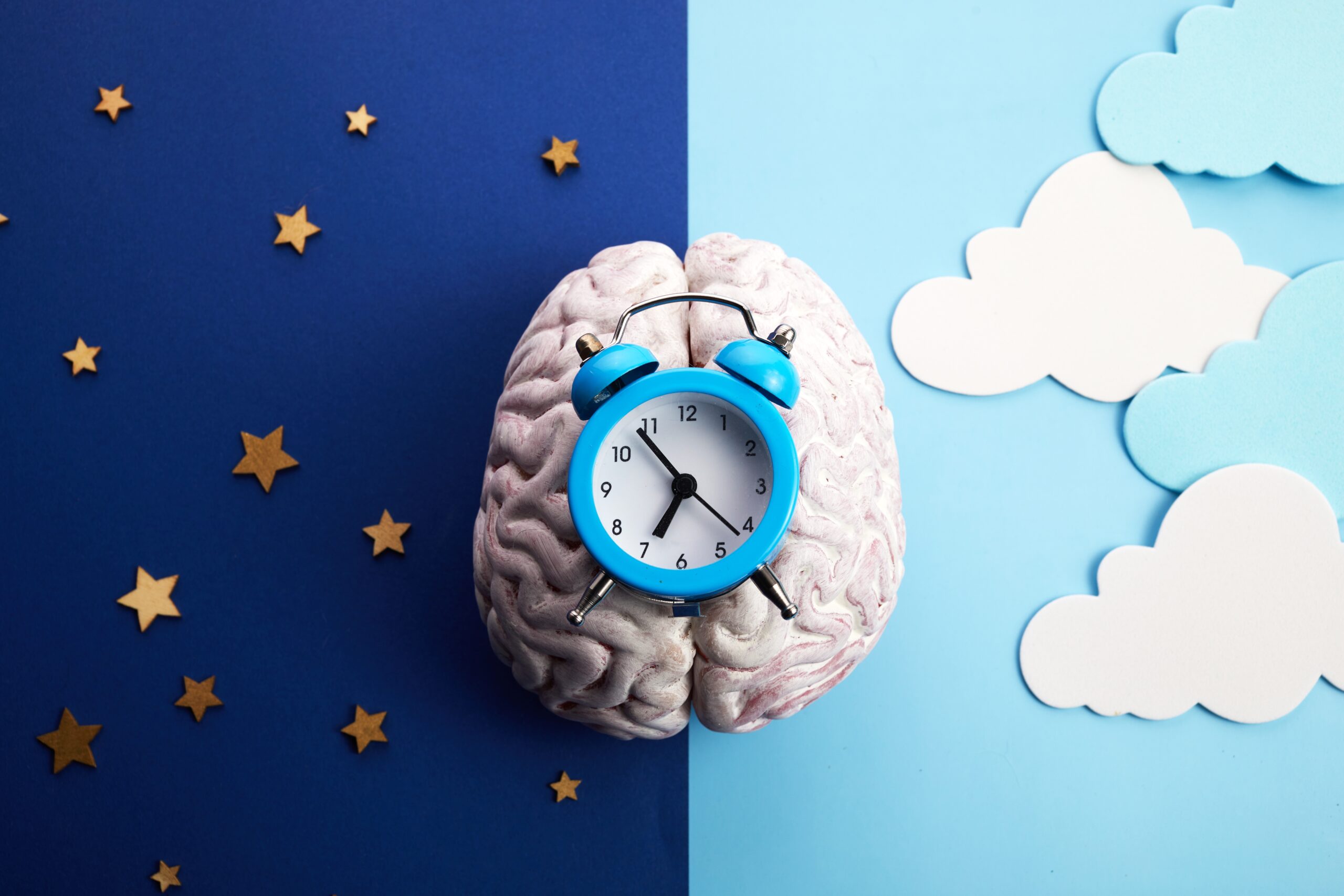by Brandy Abalos
Whether you had a busy week that turned into a busy month and fell out of the habit, or maybe your gym closed down during the pandemic, it is not uncommon for workout routines to get lost in the shuffle.
According to the Centers for Disease Control and Prevention, nearly half of all Americans have hypertension. Hypertension, commonly called high blood pressure, can cause many other health problems, some of which can even be fatal. There are some effective ways to keep hypertension from getting worse or even lower it.
Experts agree that changing your lifestyle is the best long-term strategy for managing your blood pressure. While many people take medication for hypertension, living a healthy lifestyle can delay or reduce the need for a prescription.
Exercise Regularly
Participating in physical activity can lower your blood pressure over time. Shoot for 150 minutes per week or about 30 minutes per day at least five days per week. It’s important to keep your exercise routine consistent. If you stop moving regularly, your blood pressure can rise again.
Aerobic exercise is the best option to lower blood pressure. Some examples include brisk walking, cycling, swimming, jogging or dancing. Strength training is also beneficial. It helps to engage in some type of weightlifting or resistance training at least two days per week.
Maintain a Healthy Diet
Poor diet is one of the largest contributors to developing hypertension. Try to eat a diet rich in whole grains, vegetables, fruits and low-fat dairy products. Avoid saturated fat and cholesterol. This diet is often called the Dietary Approach to Stop Hypertension (DASH) diet.
Reduce Your Sodium Intake
Sodium can have a direct impact on your blood pressure and heart health. It’s best to limit your sodium intake to less than 2,300 mg per day. If you have hypertension, you might consider reducing your sodium intake to below 1,500 mg daily.
Limit Your Alcohol Consumption
While drinking alcohol in moderation can have health benefits, too much can raise your blood pressure. The Mayo Clinic suggests drinking one or two drinks per day. Twelve ounces of beer, five ounces of wine or 1.5 ounces of liquor qualify as one drink. However, it is worth noting that drinking too much alcohol can reduce the effectiveness of many blood pressure medications.
Refrain from Smoking
Smoking tobacco will immediately increase your blood pressure for several minutes. When you stop smoking cigarettes, cigars, pipes or vapes, your blood pressure should return to normal within weeks. Quitting smoking improves overall health, including reducing blood pressure.
Reduce Your Caffeine Intake
A single serving of caffeine can raise your blood pressure by as much as 10 mm Hg for people who rarely consume it. It also has a long-term impact on people who consume it regularly. You can check to see if caffeine increases your blood pressure by measuring it 30 minutes before you consume caffeine and 30minutes afterward. If your blood pressure goes up more than 5mm Hg, you may be sensitive to caffeine.
Control the Stressors in Your Life
While stress can motivate you, chronic stress can significantly impact your health. A high level of stress can directly impact your blood pressure. It’s impossible to eliminate all stressors, but you can take action to cope healthily. Some ways that you can handle stress effectively include:
- Maintaining reasonable expectations for yourself and others
- Focusing on the things you can control and letting go of what you cannot
- Making reasonable plans to solve your problems in a timely manner
- Avoiding triggers that cause you anxiety and other negative emotions
- Allowing yourself to relax and enjoy activities with friends and family
- Practicing gratitude for the people and things in your life
See a Doctor Regularly
While monitoring your blood pressure at home is encouraged, it cannot replace a medical professional’s advice. It’s important for a physician to help you keep an eye on your blood pressure. If you or your doctor have concerns, consider lifestyle changes or beginning a prescription to manage hypertension.
It’s Possible to Manage Your Blood Pressure with Lifestyle Changes and Medical Treatment
Many people face difficulties with their blood pressure, especially as they pick up negative lifestyle habits. Many people can significantly improve their blood pressure management long-term with a few changes.








Leave A Comment